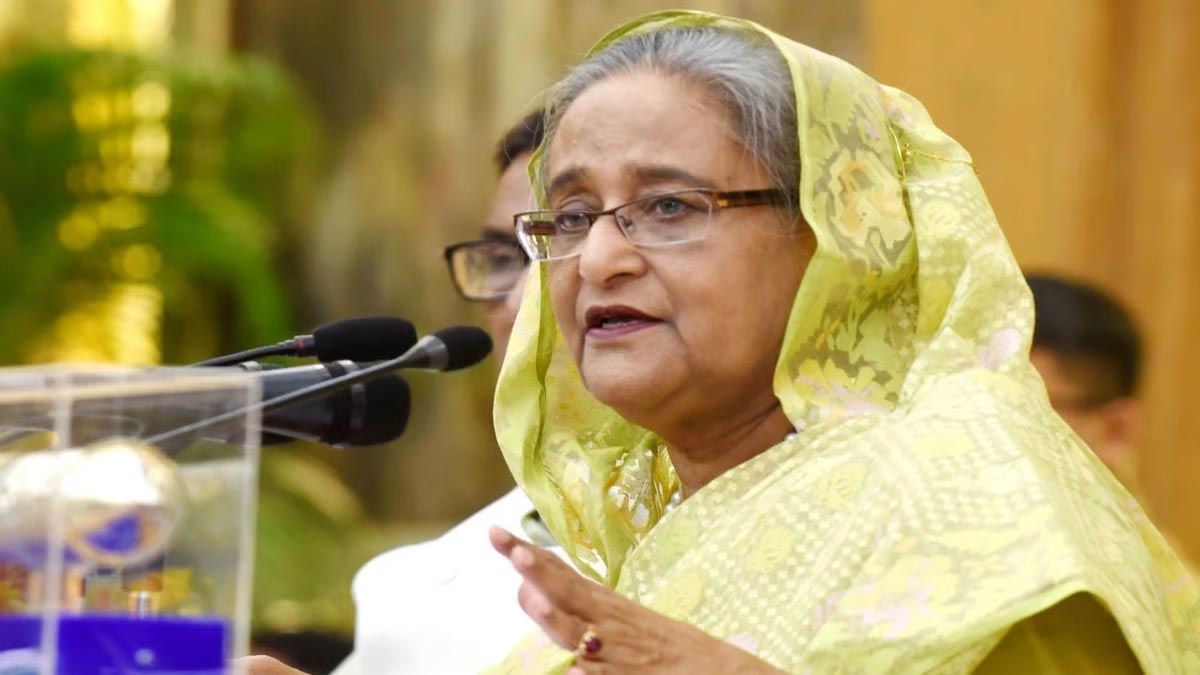With the departure of Sheikh Hasina, the inevitable has happened: the Awami League-led government has collapsed. According to the Chief of Army Staff, an interim government will be formed to run the country. The primary task of the interim government seems to be cut out.
First and foremost, the new government has to provide protection to the cadres and the leaders of the party in power so far, as the Awami League’s sympathizers remain exposed to the wrath of two other political outfits, the Bangladesh Nationalist Party (BNP) and the proscribed Jamaat-e-Islami Bangladesh (JeI). Both these parties have suffered immensely in the last one and a half decades. Their leaders and cadres have ‘disappeared’, top leaders have been executed in ‘a show trial’ or forced to leave the country and elections have been rigged. Yet the history of ‘revenge politics’ has not helped Bangladesh.
While justice has to be delivered to the victims, new victims should not be created. There should be both justice and reconciliation, indicated Nelson Mandela, at the time of transfer power in South Africa. While celebrating the people’s uprising and victory, Bangladesh should remember Mandela’s speeches in 1994. However, alarmingly, violence is gaining momentum.
The residence of the country’s founder Sheikh Mujibur Rahman – a museum– was attacked; his statues were denigrated, while the households of the Awami League cadres and the minority Hindus were torched. The houses of the government officers who were considered close to the previously ruling dispensation were targeted. Such attacks should not continue as it did in 2001 when BNP-Jamat-led four-party alliance came to power and if it does then India needs to initiate a dialogue with the dispensation in power as both the Leaguers and the minorities will be largely dependent on Delhi.
In the process, Delhi needs to question its traditional foreign policy of aligning with one party or coalition and disengage with the rest. Though Delhi may have had a covert dialogue with the opposition, optics indicate that Delhi is not close to Bangladesh but rather to the Awami League. As a result, an overwhelming majority of Bangladesh is against India tonight. India’s powerful neighbour – China – never does that. For example, at this point, Beijing is talking to all sides in Myanmar. However, the students’ uprising has also indicated that a new Bangladesh is emerging. In this movement, religious and ethnic minorities have joined hands with the majority community. Placards have been displayed where it was written that ‘the army should be back to barracks both in the plains and the hills’. Hills signify the presence of the ethnic indigenous minorities, who have been facing army repression for decades.

